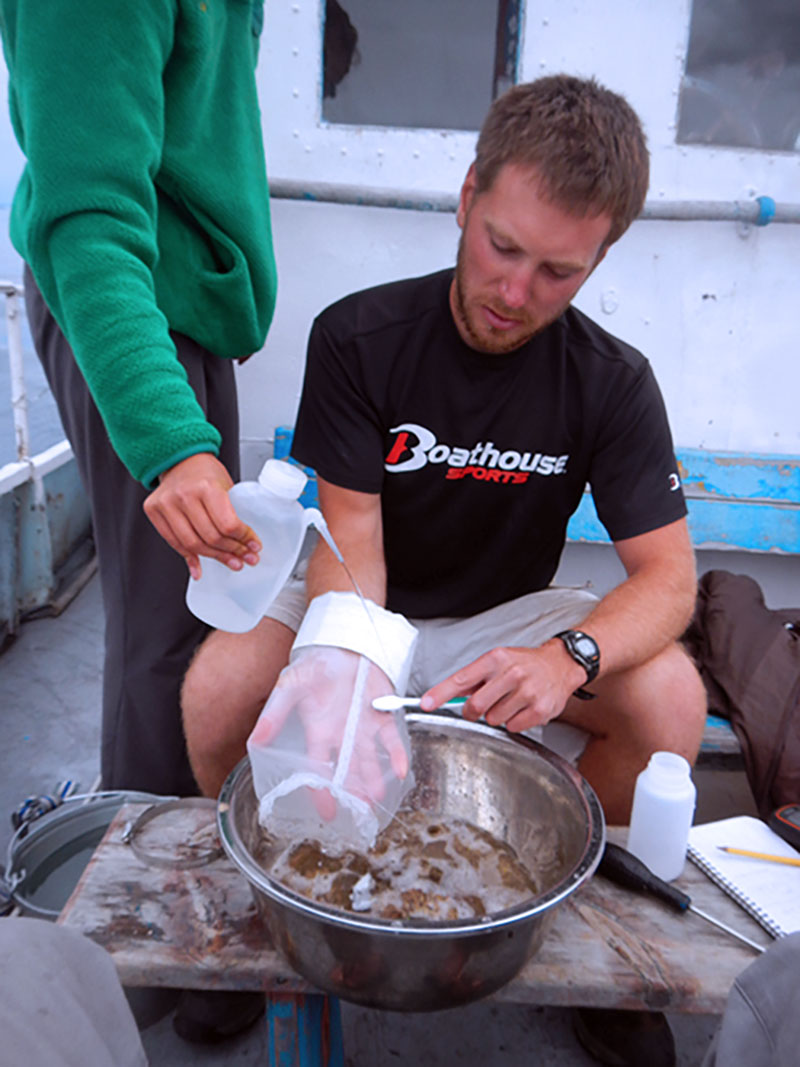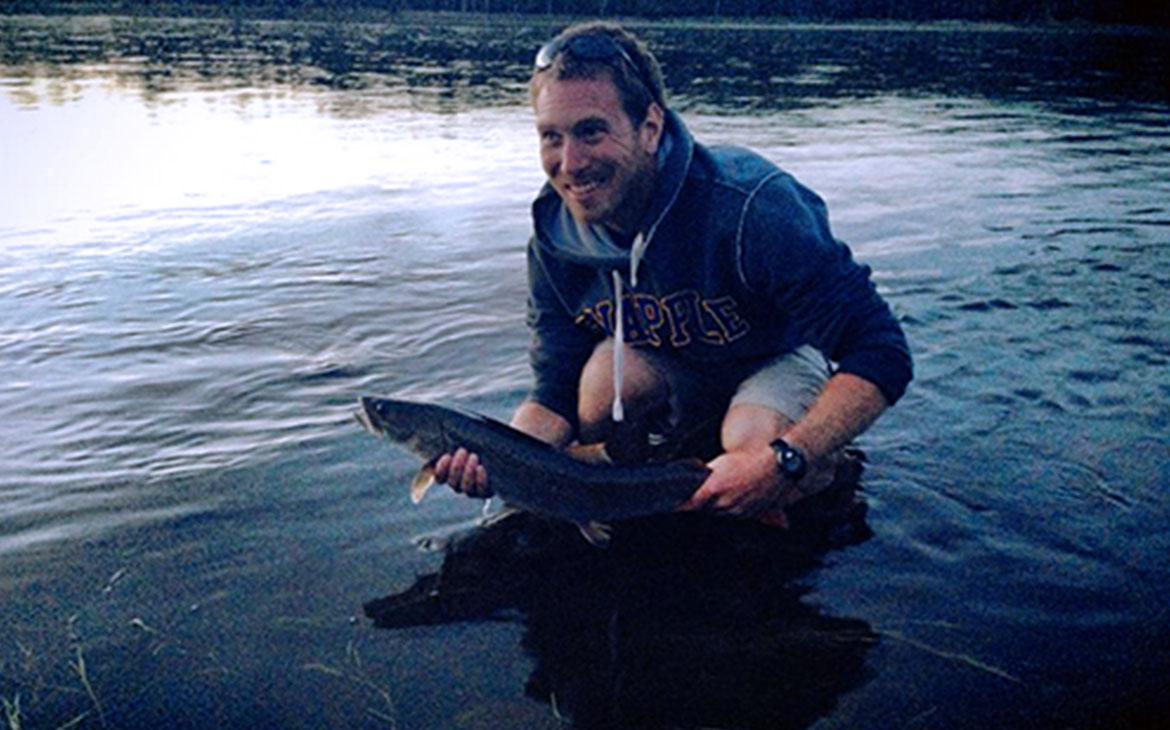The NOAA-Sea Grant Population Dynamics Fellowship provides three-years of funding to PhD candidates interested in the population dynamics of living marine resources and the development and implementation of quantitative methods for assessing their status. The goals of the program are to (1) encourage students to pursue careers in population dynamics and stock assessment, (2) increase expertise related to these fields, (3) foster close relationships between academic scientists and NOAA Fisheries scientists, and (4) provide real-world experience to graduate students and accelerate their career goals.
To help achieve these goals, each fellow is required to work closely with an expert (mentor) from NOAA Fisheries who will serve on the fellow’s committee, provide access to research data sources, and host a summer internship at their research facility. In my case, I will be working with Jon Deroba, a stock assessment scientist at the Northeast Fisheries Science Center (NEFSC) in Woods Hole. Additionally, fellows are expected to spend 10-20 days at sea per year learning about sampling techniques and problems, commercial fishing, fisheries biology, and local and regional issues of importance to fisheries management.

I am interested in the management of data-poor fisheries and my dissertation will evaluate data-poor stock assessment methods using data-rich stock assessments from the RAM Legacy Stock Assessment Database. In the United States and globally, impending deadlines exist to end overfishing, and the assessment and management of data-poor stocks is crucial towards achieving this goal. The purpose of our project is to evaluate the effectiveness of the data-poor stock assessment methods recommended by the “Only Reliable Catch Stocks” (ORCS) Working Group and to identify improvements to these methods through a meta-analysis of prior distributions.
I graduated from Middlebury College in 2010 with a BA in Conservation Biology. At Middlebury, I completed an undergraduate thesis developing a spatial individual-based model of mahogany population dynamics in order to evaluate the sustainability of current harvest regulations. This experience solidified my interest in applied ecology and mathematics and revealed the importance of these fields to natural resource management. Over the past three years, I have continued to apply and develop these skills as a spatial ecologist studying mahogany population dynamics, a GIS analyst identifying important areas for seabirds, and a fisheries scientist studying the impacts of the Deepwater Horizon oil spill.
I’m very excited to have joined the Rutgers IMCS community and am looking forward to learning and researching here. I’ve already had fantastic experience with Olaf in Mongolia and with my new lab mates working on a research proposal. I’m really looking forward to starting classes and kicking off my PhD research.

